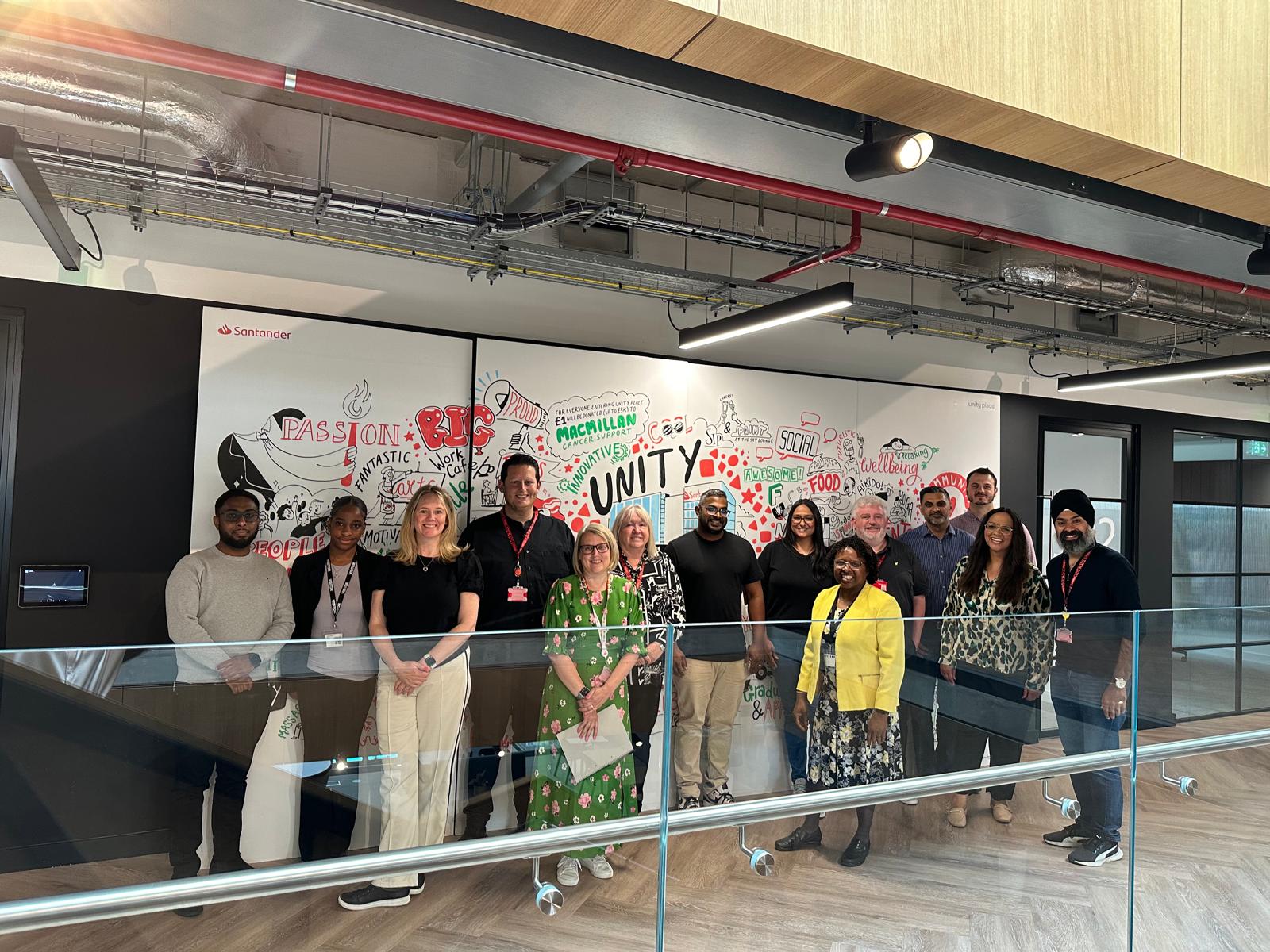
Every young person has the potential to be a leader to self-navigate their own careers, but not every young person is able to unlock that potential because:
1. They are not aware of opportunities to do so.
2. they do not have the skills and assets to do so.
The School Problem
Businesses, parents and the government all recognise that GCSE’s and A-levels are incredibly important and open doors to a child’s future; but academic qualifications do not help a child to thrive emotionally, spiritually nor psychologically. There is a need for ‘teaching to be designed to develop curiosity, creativity, confidence, vision, values, critical thinking, self-awareness, resilience, and independence of mind, ambition, and enterprise – to build the whole person’ (Helen Fraser, CEO, Girls Day school Trust, The Sunday Times, pg. 9, 22.11.15)
The Department of Education has recently published a new Ofsted framework by which the effectiveness of schools is judged. There is now a section in the Ofsted evaluation framework called ‘personal development, behaviour and welfare’. Schools are expected to offer a curriculum that enables students to understand how their education equips them with the behaviours and attitudes necessary for success in their next stage of education, training or employment and for their adult life (School Inspection handbook, August 2015).
Many private schools have the resources to offer such a curriculum, but only few state schools and academies (particularly those with a high percentage of disadvantaged and ethnic minority students) have the resources to match private and independent schools. The result is these young people fail to stand out with the independence and flair needed to make a difference and secure employment that matches their innate potential.
The Business Problem
Talented people are important assets for and the real wealth of any business.
Businesses are always seeking to recruit talented young people. This has created competition in the business world called ‘the war for talent’. The war for talent refers to an increasingly competitive landscape for recruiting and retaining talented employees ( McKinsey & Company Quarterly, March 9, 2022)
Businesses need to find innovative ways to attract talent and retain talent
The gaps
-
How can we prepare young people to show not just tell that they are the talent the company is looking for? In other words, how can we empower them to stand out?
-
What can businesses do to stand out and win the talent competition war? In other words, what can they do to attract and retain talent?
The focus of this module is Bridging The Gaps
One place to start is for businesses to make young people aware of opportunities available and let employees share what it feels like to work in the company. Schools on the other hand can teach young people how to unlock their value proposition, and communicate it in a way to show recruiters they are the talent the business can’t forget.
This stage of The LEAD Mindset journey focusses on giving young people the skills and assets to find the answer and answer the question 'Who am I?' in an unforgettable way through speaking, CVs and interviews.
Mentors will also be challenged to show not tell what their role is within the company. This will build their creative skills, later allowing them to take their performance at work from ordinary to extraordinary whilst raising aspirations in young people at the same time.
|
Know - Career opportunities available at your company, the skills and behaviours your company wants to attract employees and, what skills will help them to stand out in the workplace now and in the future Do – present their ‘value offer’ portfolio with their signature stories and deliver a 3 minutes inspirational speech to present who they are. Feel – more confident about articulating their skills to an interview panel, more proud about the superpower of their stories, a sense of purpose on their career journey |
- Teacher: LEAD Admin
- Teacher: G3-(StPM-G7)Rittu Barney
- Teacher: G1-(StPMG1)Justine Behn
- Teacher: G3-(StPM-G2)Laura Fletcher
- Teacher: G3-(RCMG4)Natasha Graham
- Teacher: G4-(StPM-G6)- Shahram Jamalaldini
- Teacher: Patricia James
- Teacher: G1-(RCMG7)Claire Kennedy
- Teacher: G4-(RCMG2)Samantha Margiotta
- Teacher: GURJEET NANRA
- Teacher: G3-(StPMG2)Christopher Noon
- Teacher: Joseph Orsini
- Teacher: G2-(RCMG4)Emily Petterson
- Teacher: Stephanie Tangen
- Teacher: G4-(RCMG7)Iain Watkins

Becoming an Unforgettable Speaker.
You are completing module 1 – RAISE THE BAR - using the creation of an inspirational speech based on your personal story as a vehicle to re-discover your why and raise aspirations as a leader for self and others.
You can proceed directly to 'Inside The Course'. However
HIGHLY RECOMMENDED ***
We strongly suggest you complete the welcome, testimonials, module planning, and support before you go 'inside the course' to maximize your success.
- Teacher: LEAD Curriculum
- Teacher: Patricia James